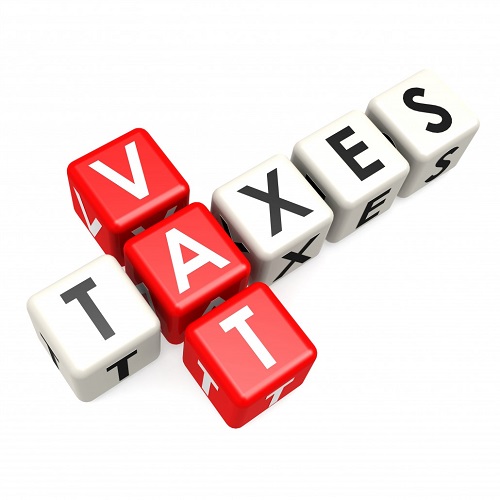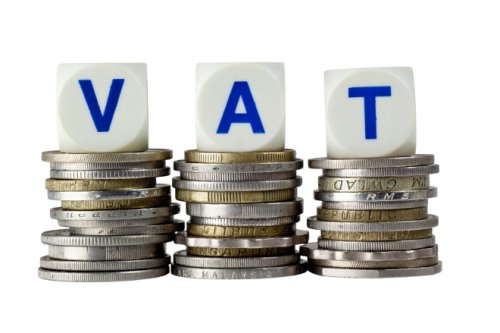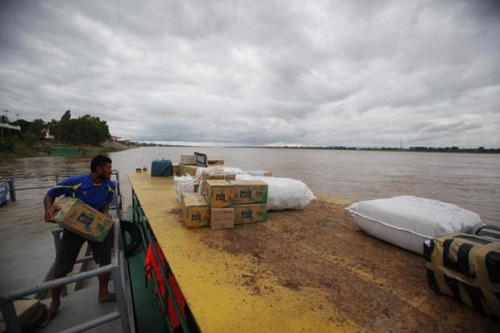Improved VAT Procedures To Enhance Laos’ Business Climate
Source: Vientiane Times
The Ministry of Finance is seeking consultations with business sector operators and government agencies on the new implementing instructions for the revised value-added tax (VAT) Law, aiming to make tax collection procedures more transparent.
The revised VAT Law, which was approved in January, is expected to make paying taxes easier for local businesses as well as helping to improve the business climate in Laos.
Speaking at a meeting on the subject on Friday, Deputy Minister of Finance Mr Bounchom Ubopaseuth said the government was pleased to present the new VAT implementing instructions for both the government and tax payers.
“The VAT Law has been in effect in Laos since 2006, but globally it has been utilised by almost 170 countries worldwide,” he said.
He said the law should be implemented fairly for all kinds of businesses despite the complications in translation and context.
“The law came into use in Laos from 2010 to 2014, but it has not been effectively implemented,” Mr Bounchom said.
“Since 2014, it has been revised to ensure it relates to the practical action of each article and chapter.”
He called for meeting participants to sincerely contribute their ideas on implementing the revised VAT Law prior to the official launch.
“I’d like to say that today’s meeting is an open floor for any questions, comments or responses. VAT Law specialists are also invited to give us a clearer explanation,” Mr Bounchom said.
World Bank Country Manager for Laos Ms Sally Burningham welcomed the progress made to date.
“I’d like to acknowledge the ministry’s efforts to make the tax collection procedures much easier. I think there is good will in this country to pay taxes, but it is quite complicated to do so.”
“I’d also like to say that your country has shown a very impressive growth and this will benefit poor people in Laos,” she added.
“But I think one aspect is that the collection of taxes and revenue for the government has not performed quite as well,” Ms Burnin gham said.
She said transparency and equitability concerning what each taxpayer needed to pay would assist in accessing the benefits of greater transparency about what the government plans to do with the money.
“I’m delighted to see the progress made on this in your country,” Ms Burningham said.
Head of Cooperation of the European Delegation to Laos Mr Bryan Fornari said the EU was ready and willing to assist.
“The EU has a longstanding record in supporting Laos and taxation is something that we really care about a lot,” Mr Fornari said.
“The Lao government has a clear determination to open doors for foreign investors, so the revised VAT Law is timely and the EU is willing to offer support in this critical area.”
Preparation of the implementing instructions was part of the Public Finance Management Modernisation Programme. It is described as a high priority of the Lao government and is aimed at strengthening capacity to manage public finances.
A trust fund financed by the European Delegation to Laos and implemented by the World Bank, in collaboration with the Ministry of Finance and other government agencies, has been providing technical, analytical and advisory assistance.
VAT is a tax on the purchase of goods and services. The vendor collects VAT from the customer and passes it on to the government.
Revised implementing instructions will clarify how VAT is calculated and how goods entering and exiting special economic zones should be treated.
Most importantly, the instructions simplify requirements and procedures for VAT refunds as well as registration and de-registration of VAT payers.



